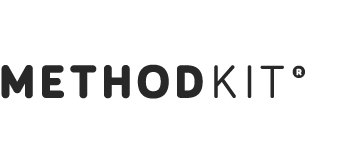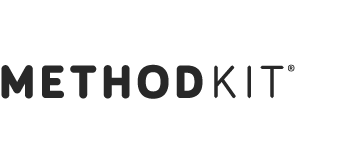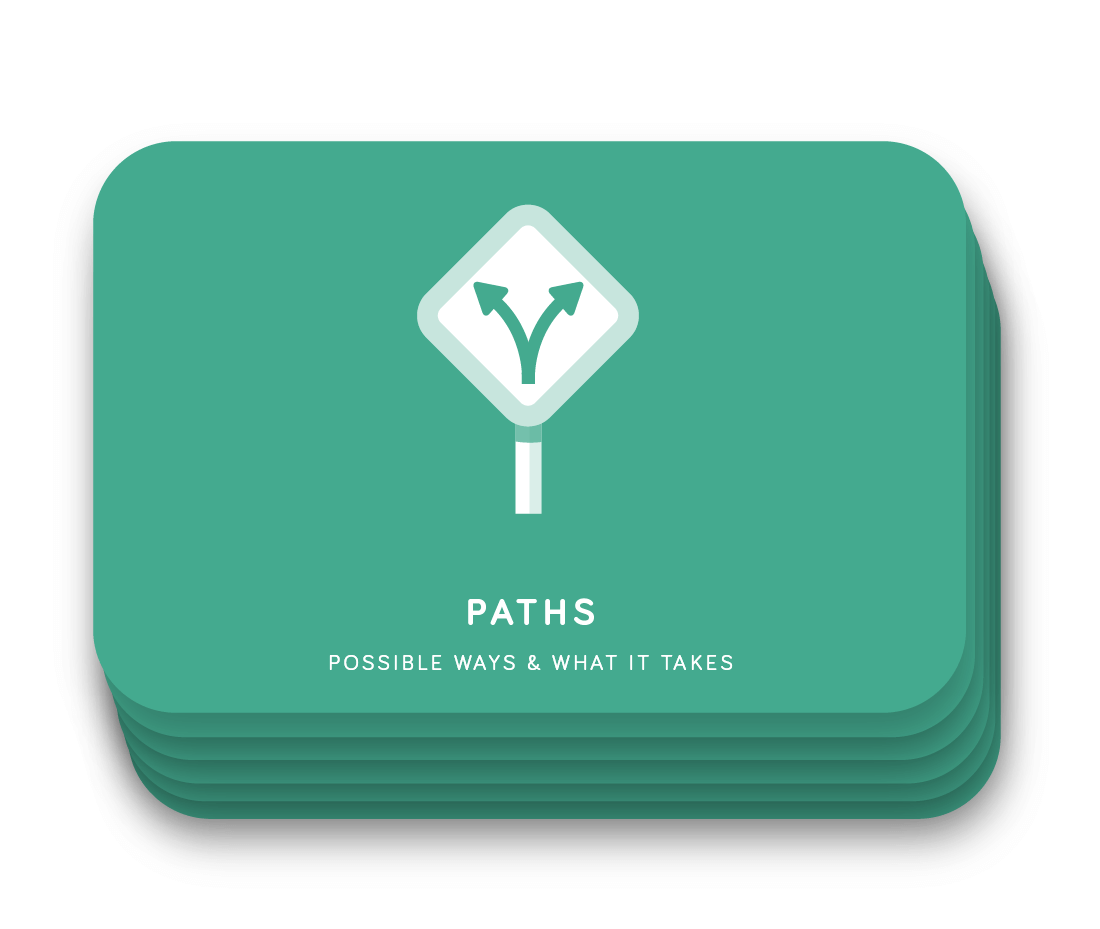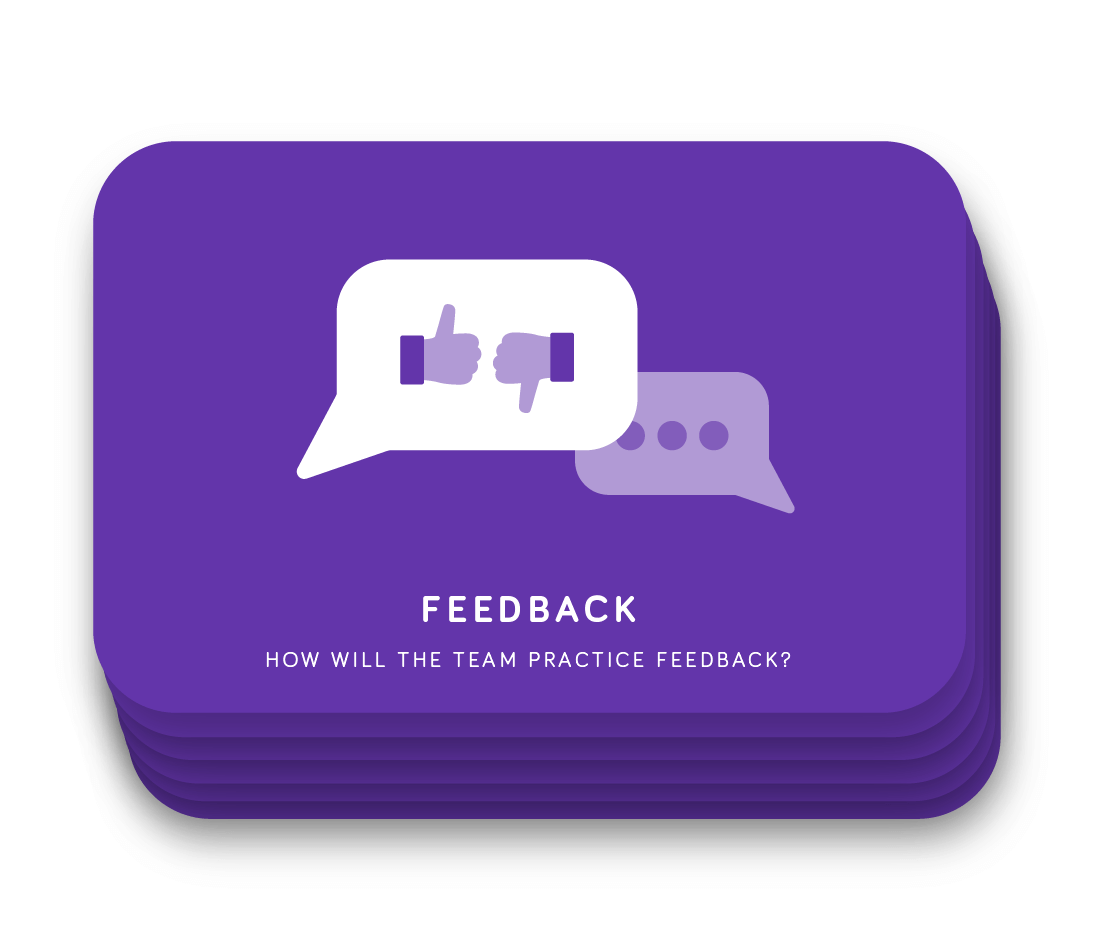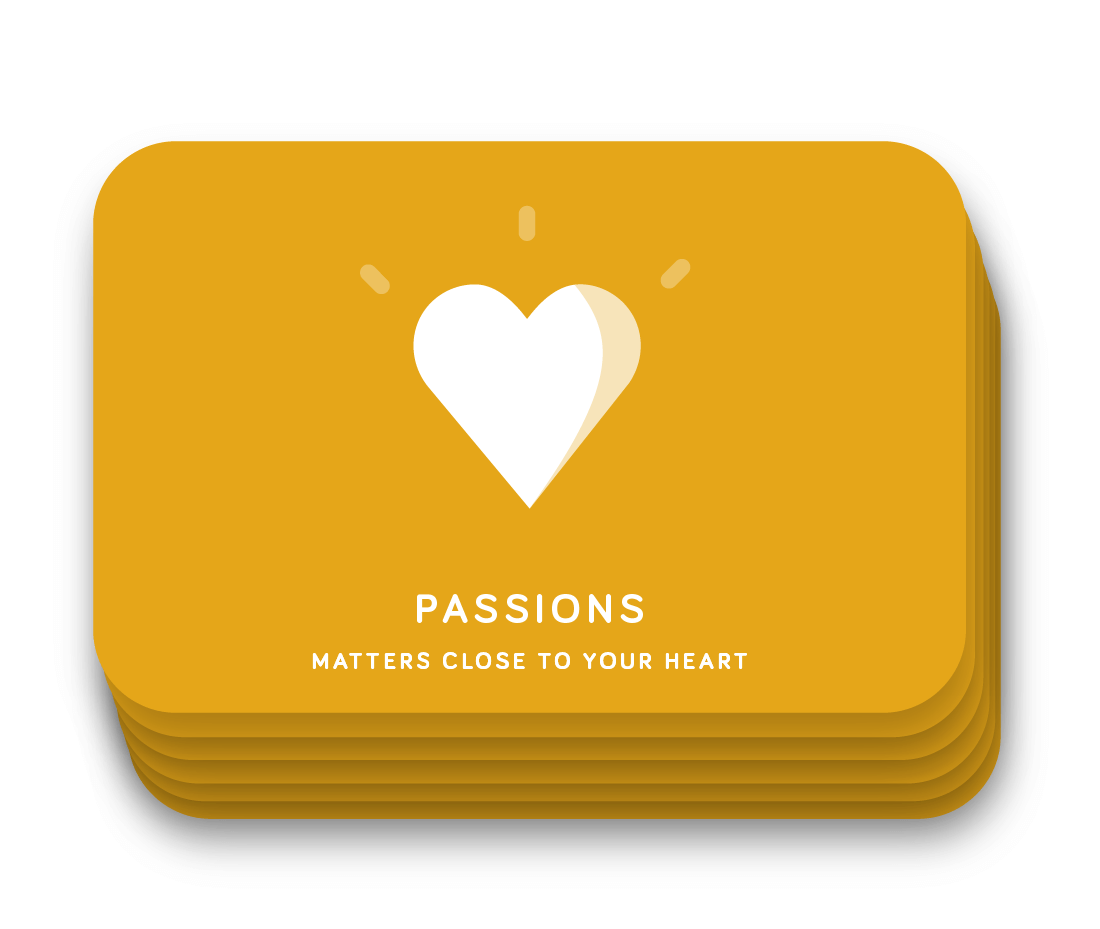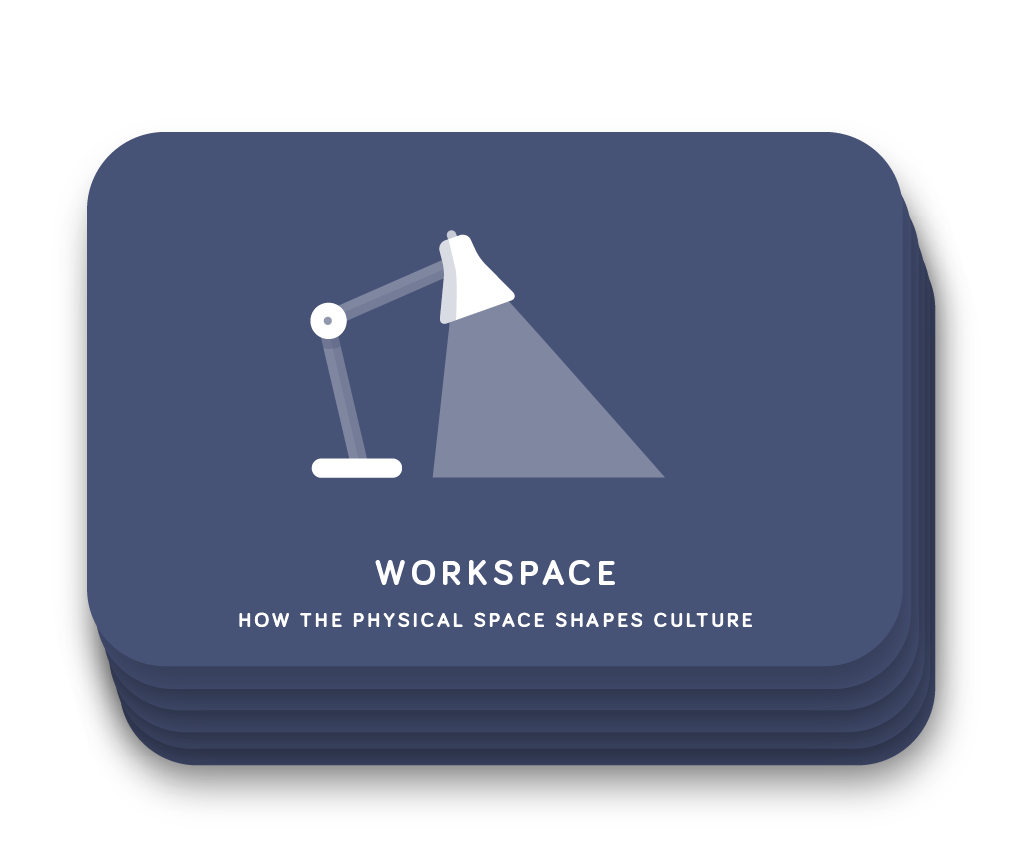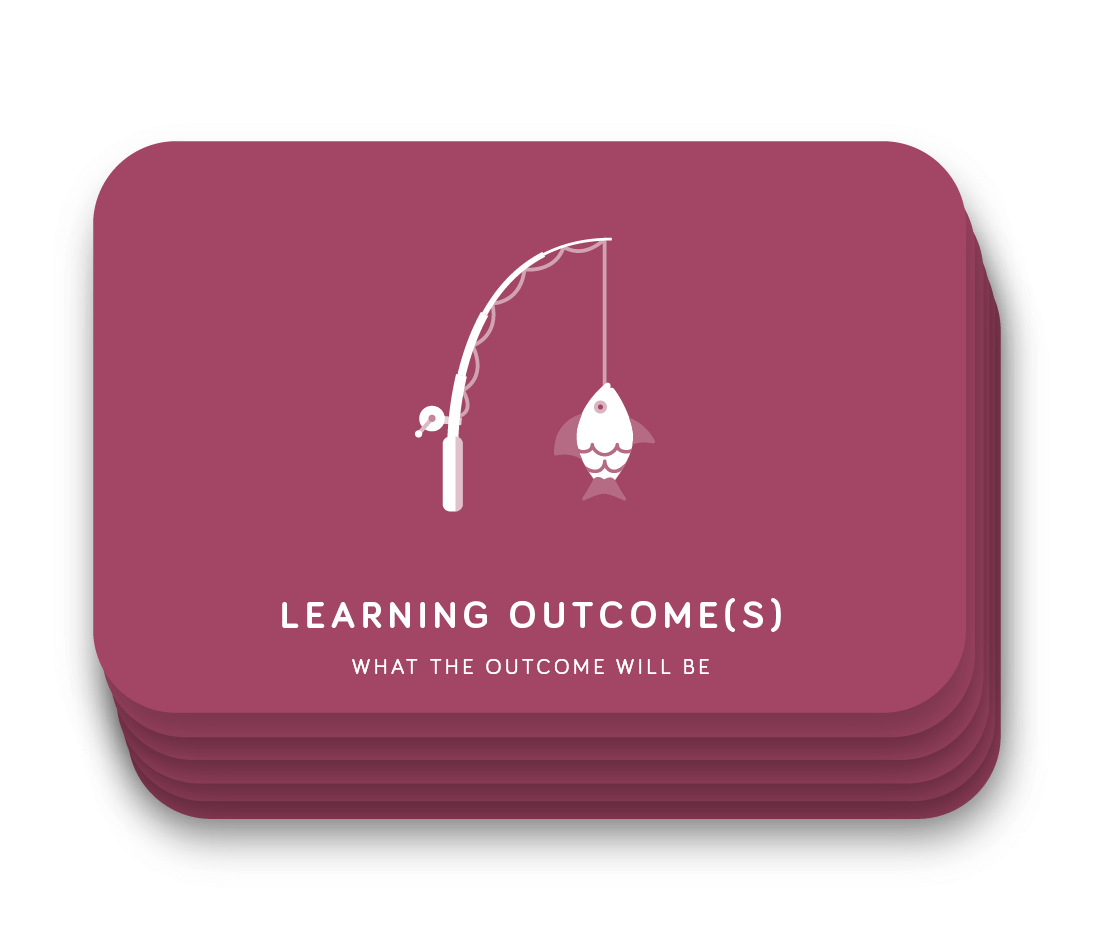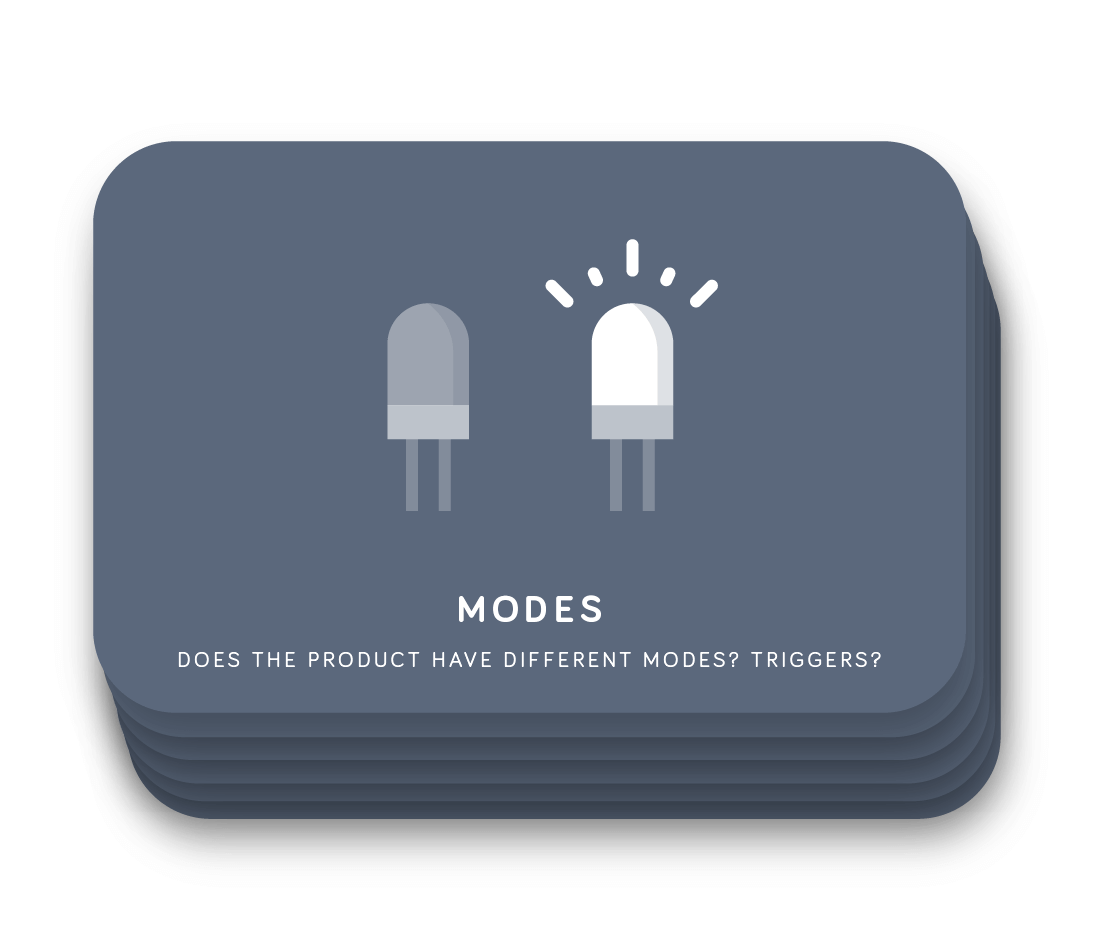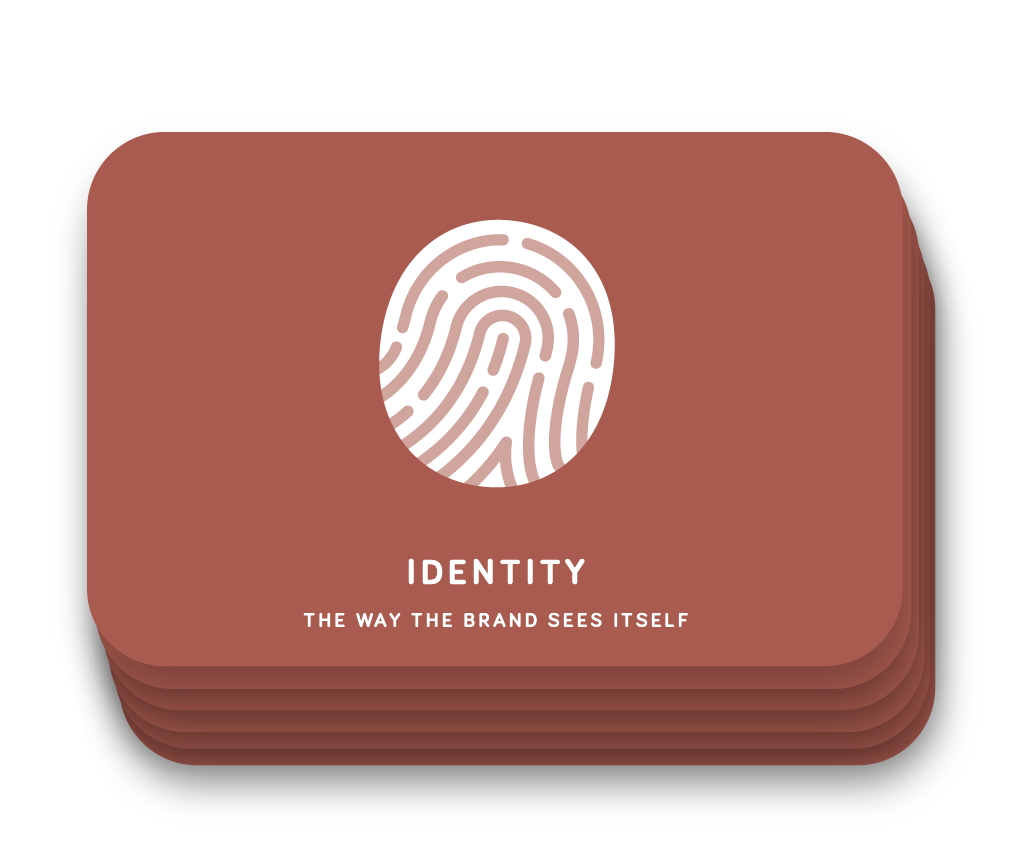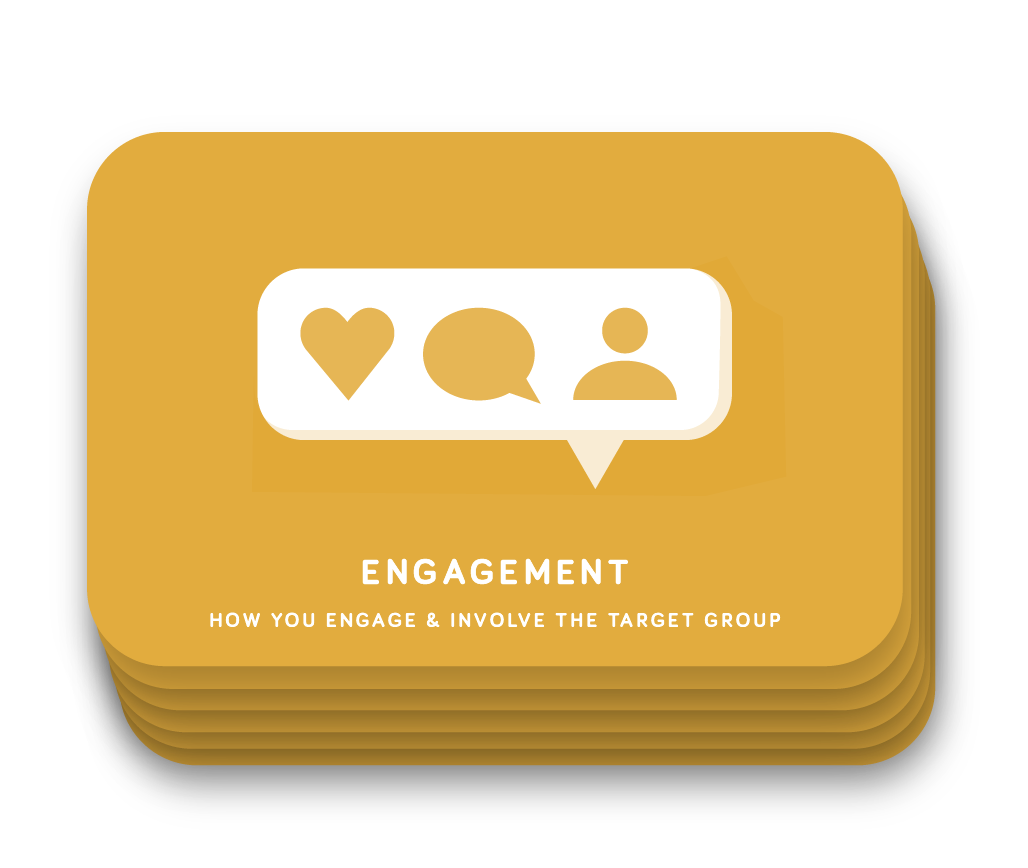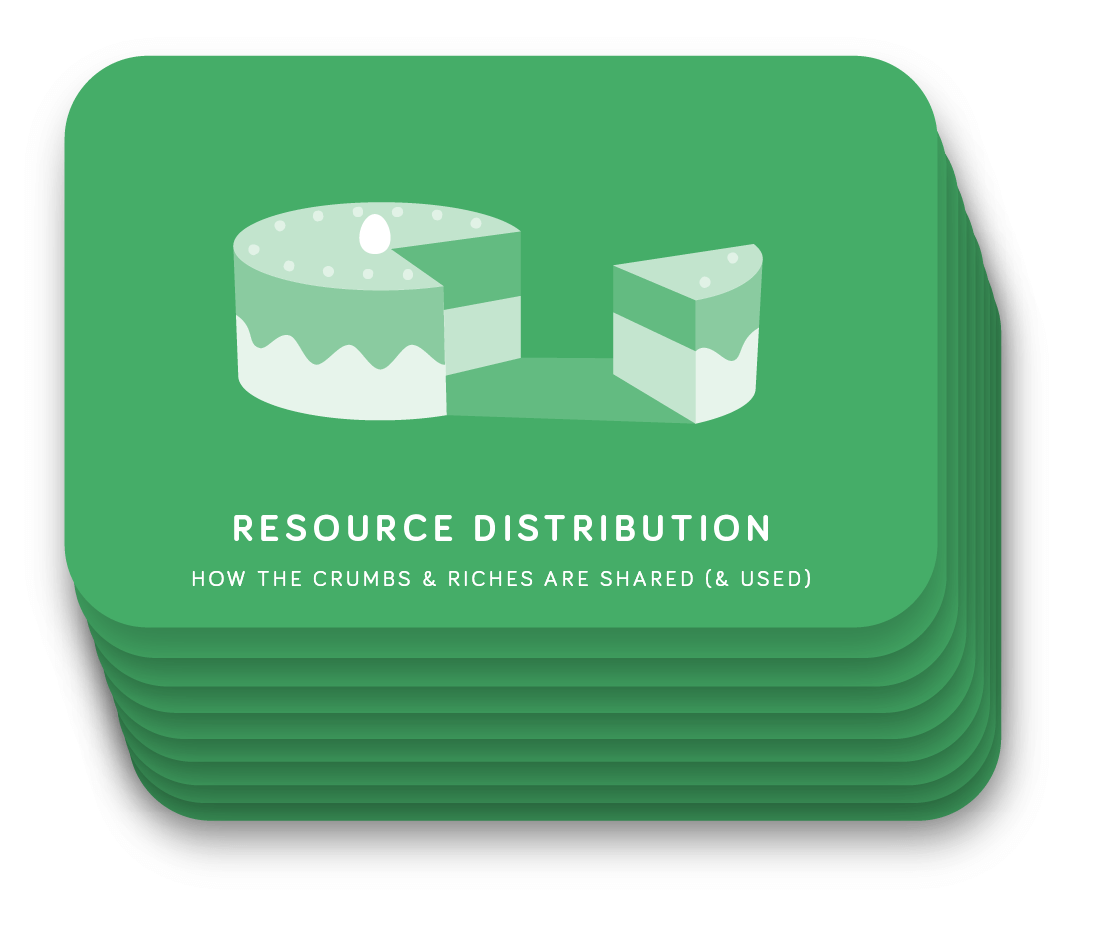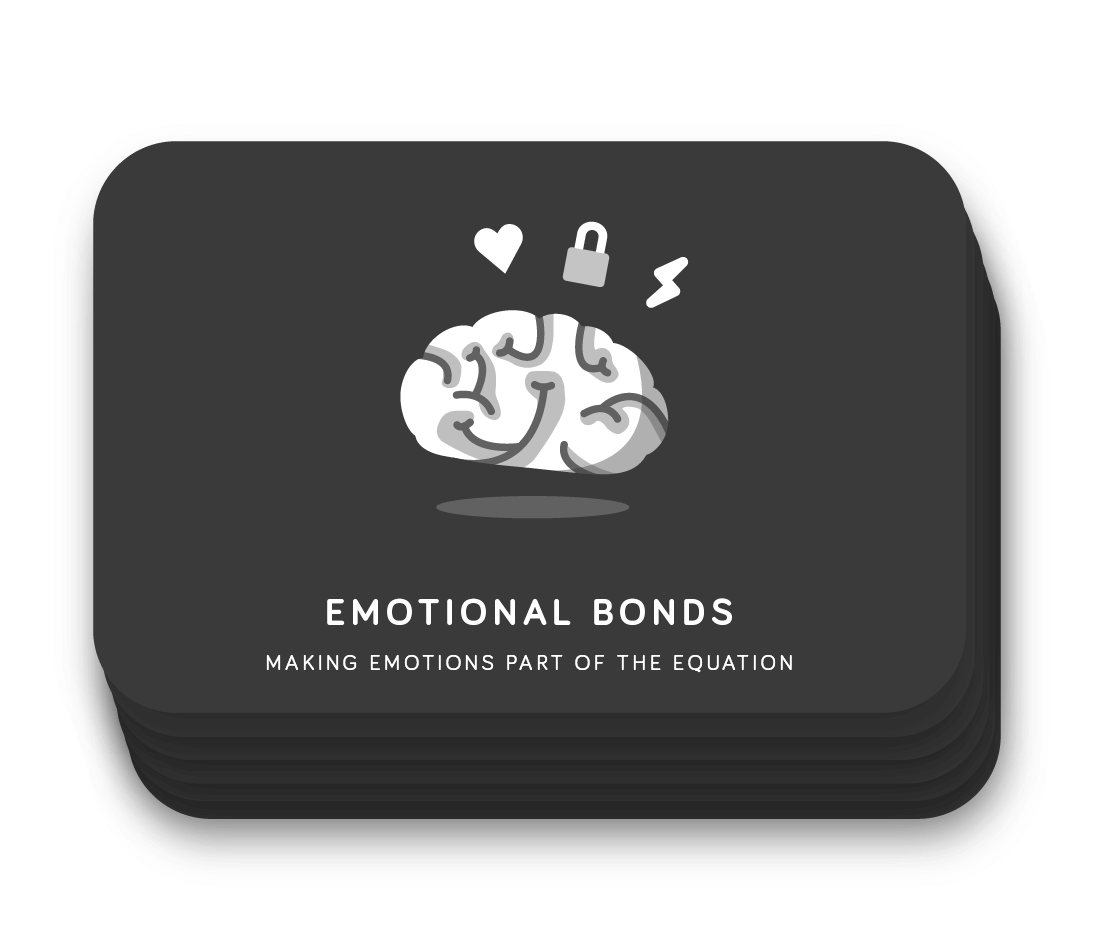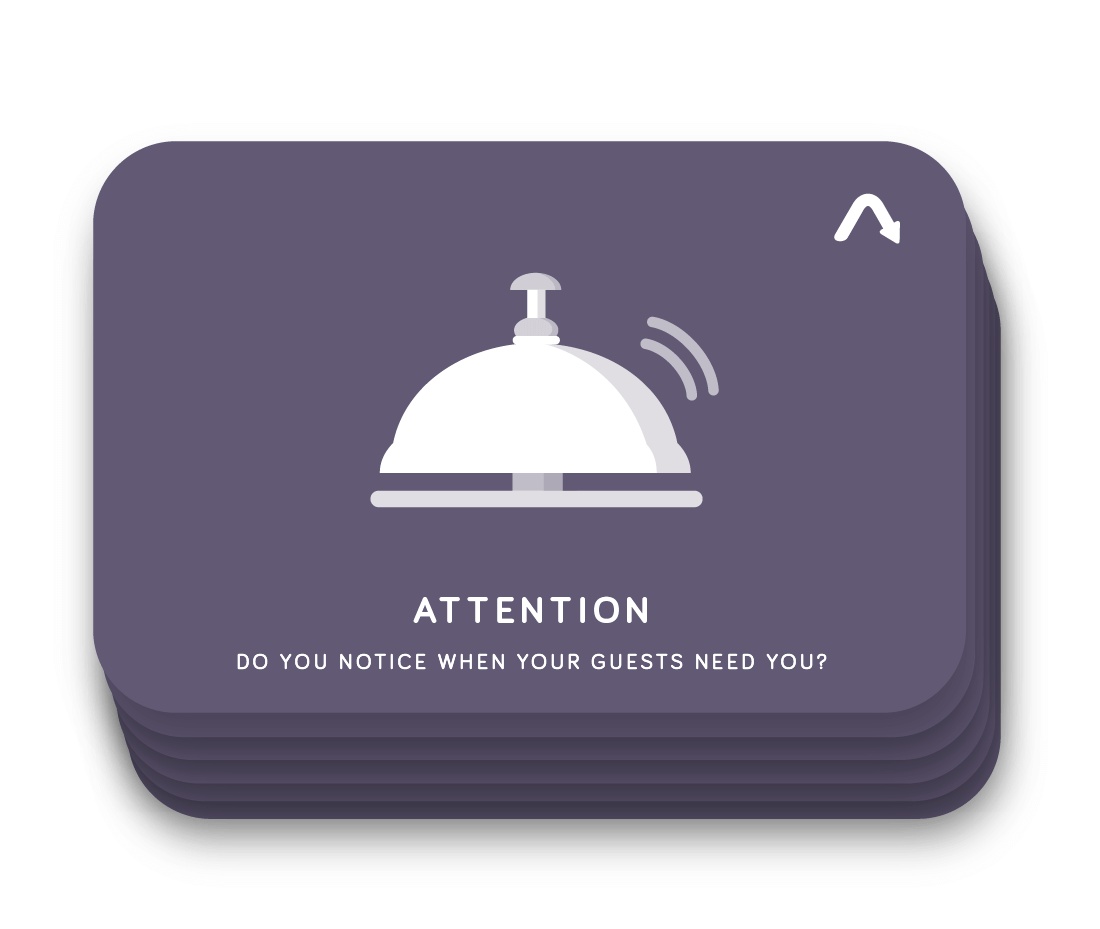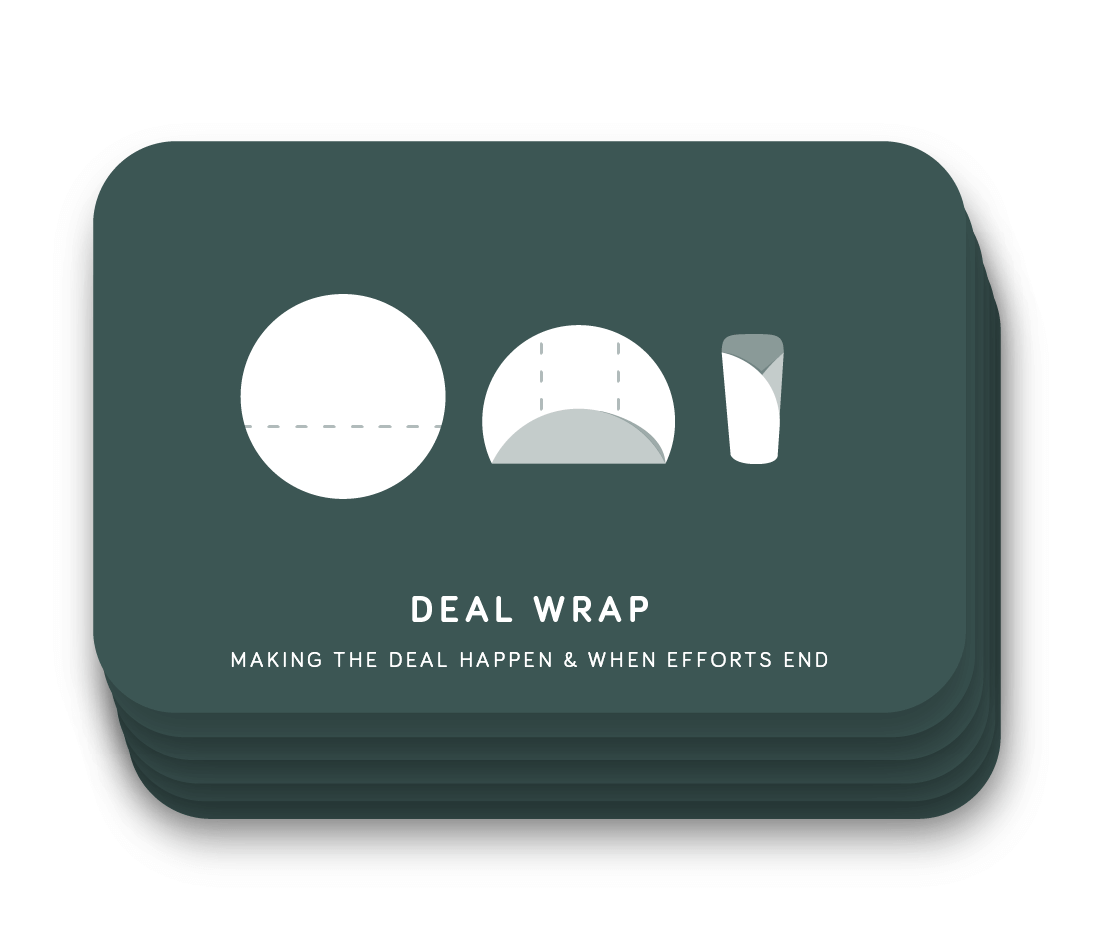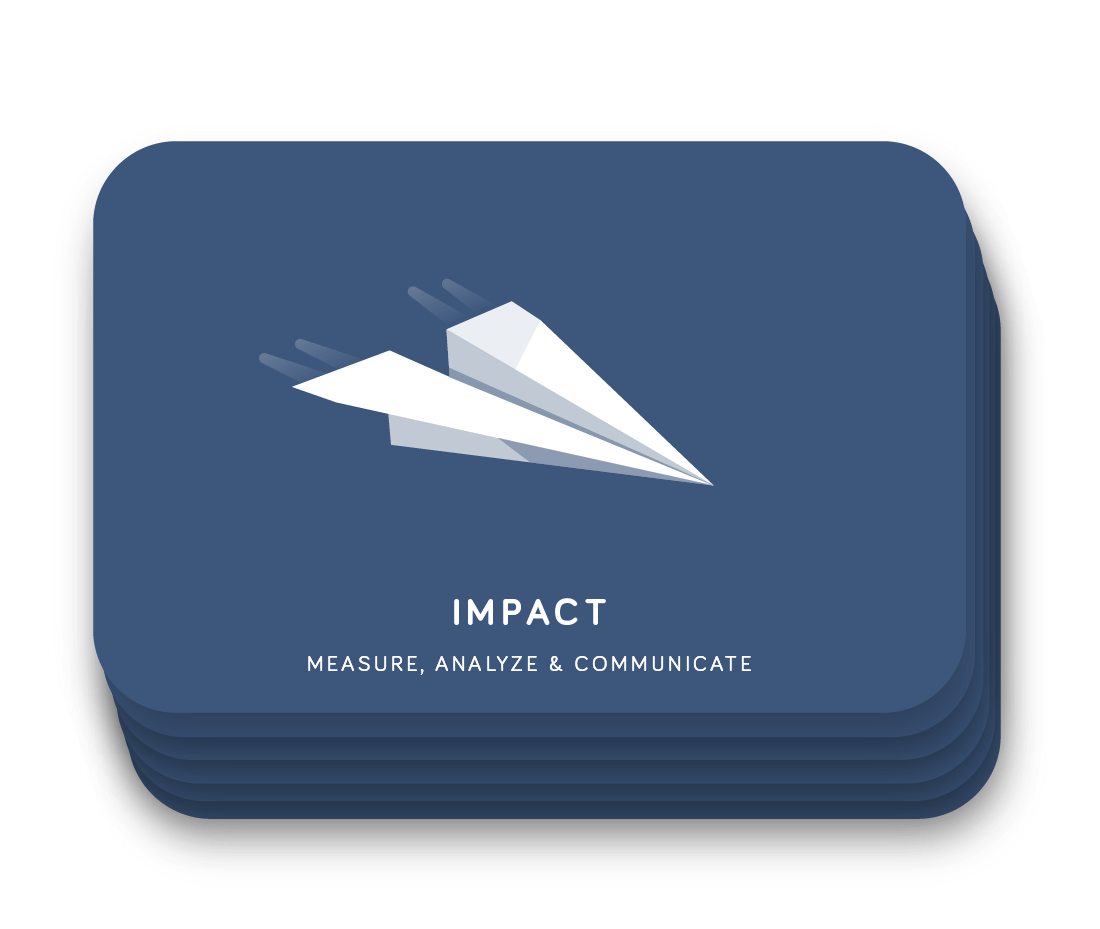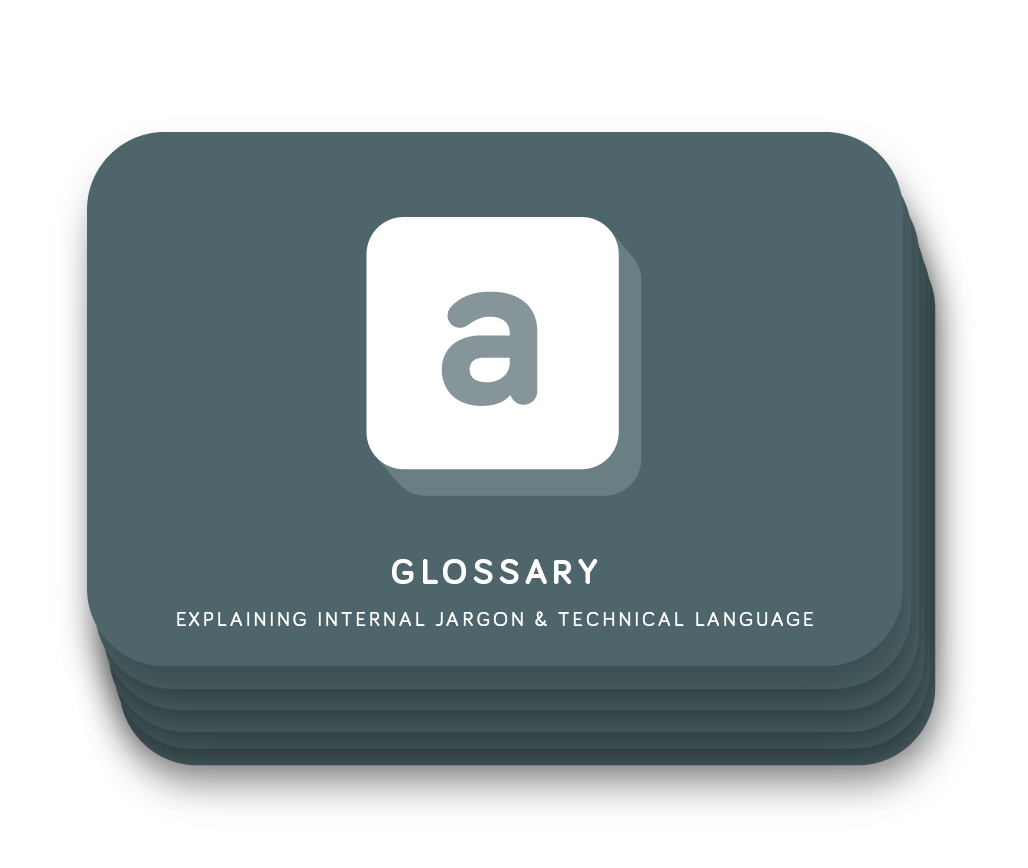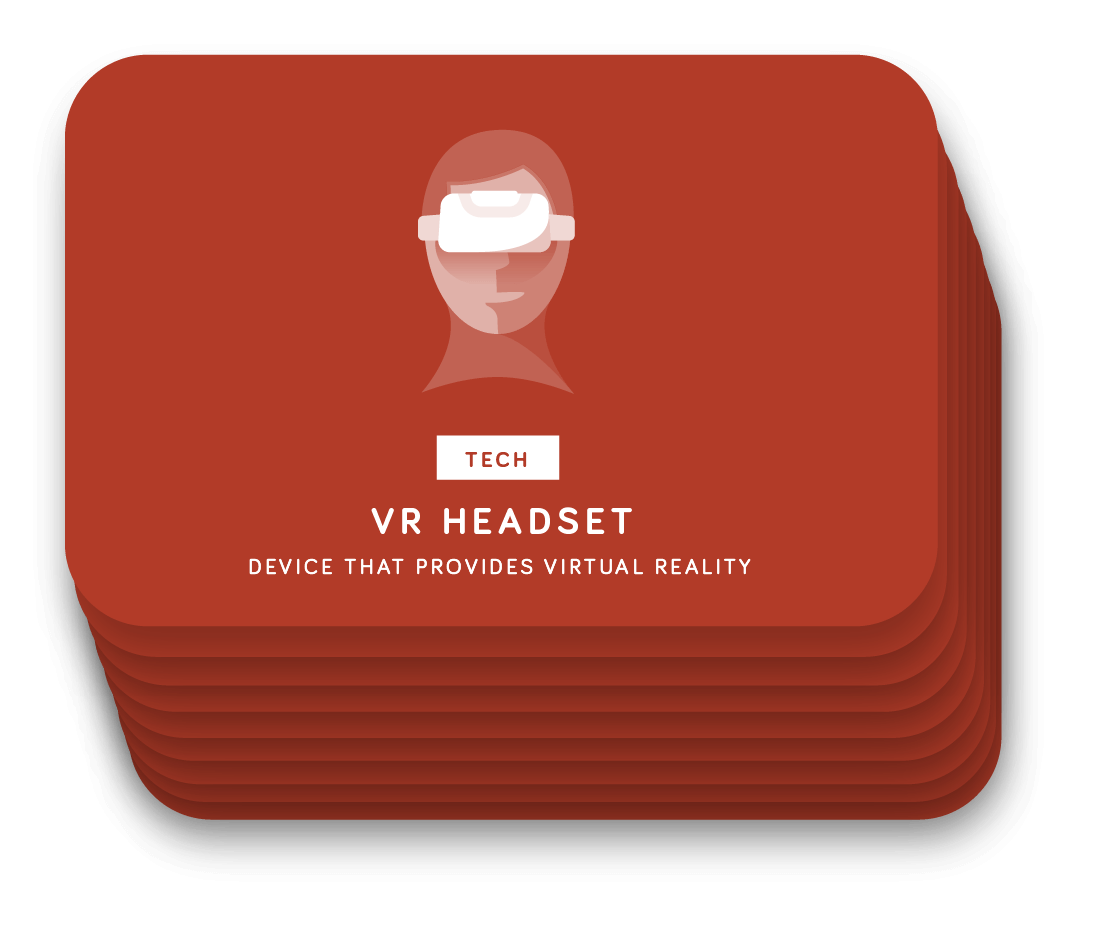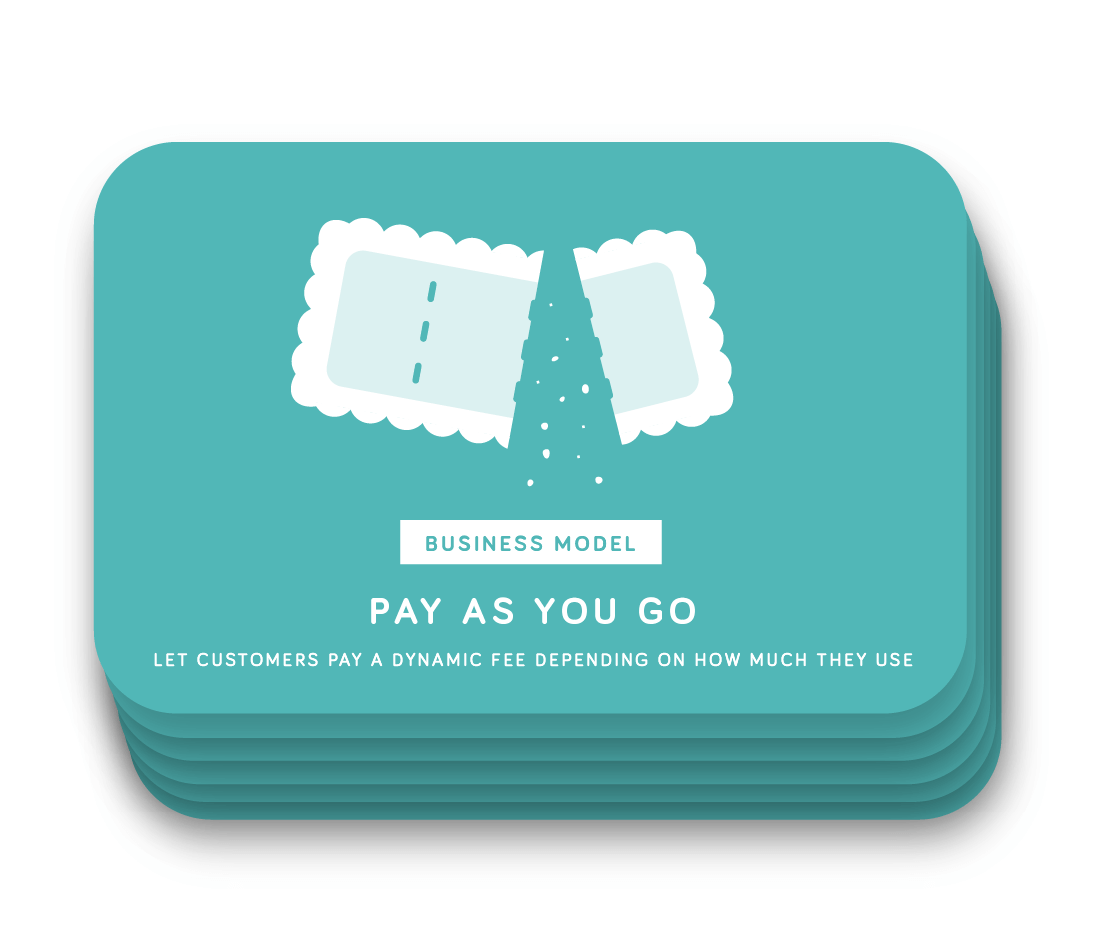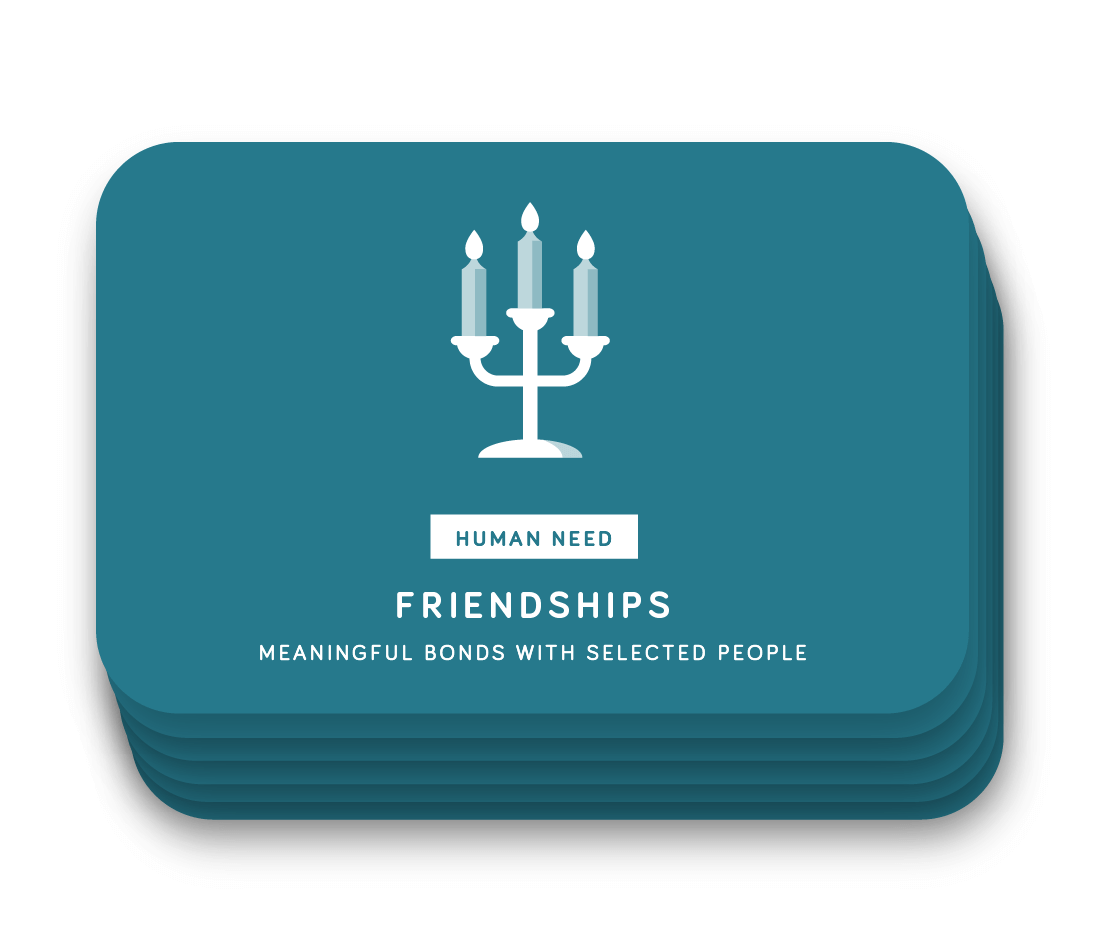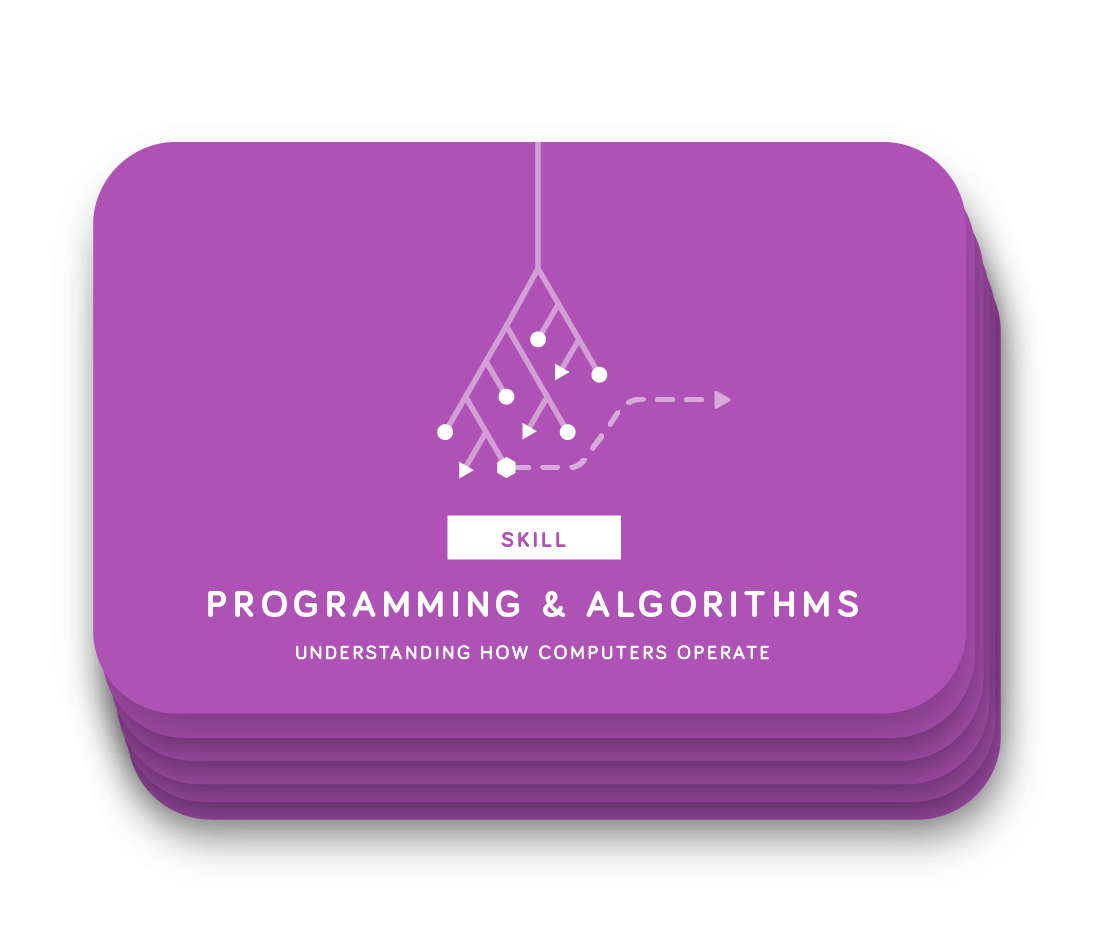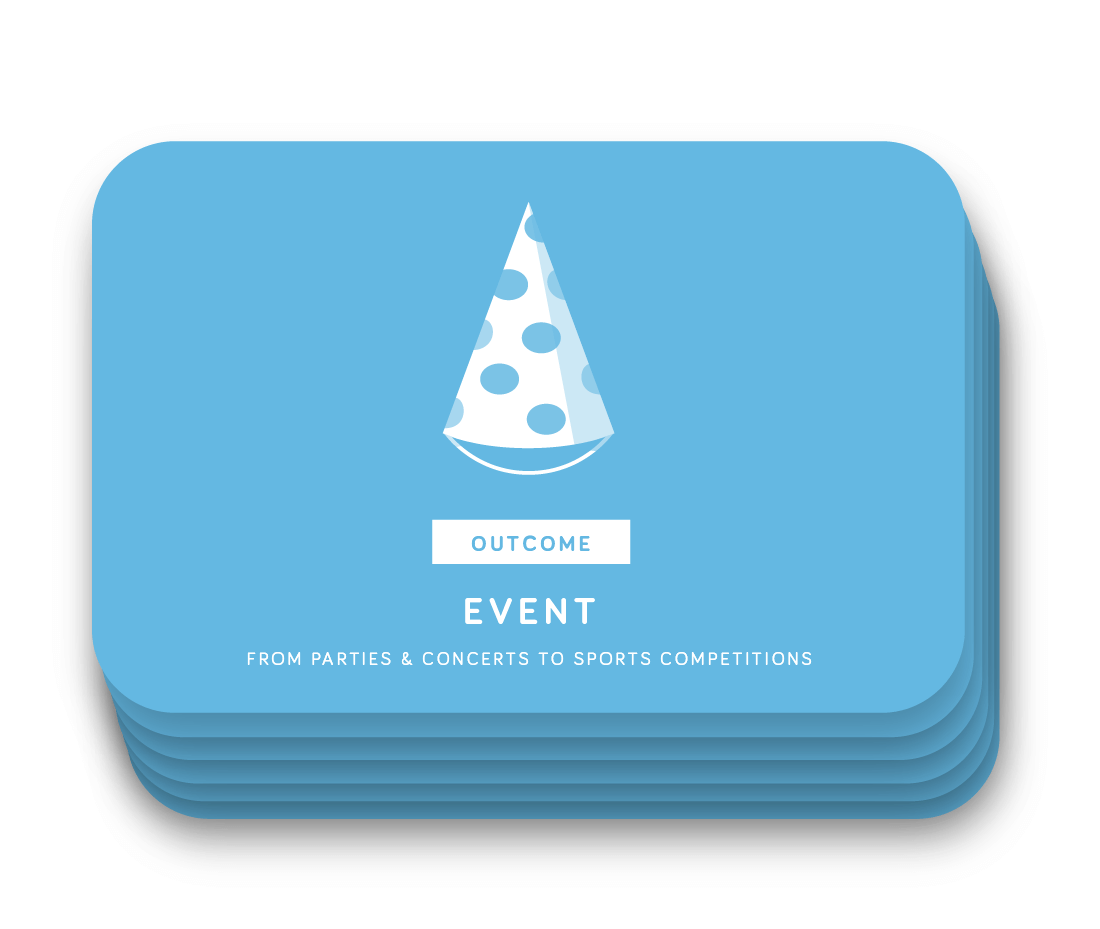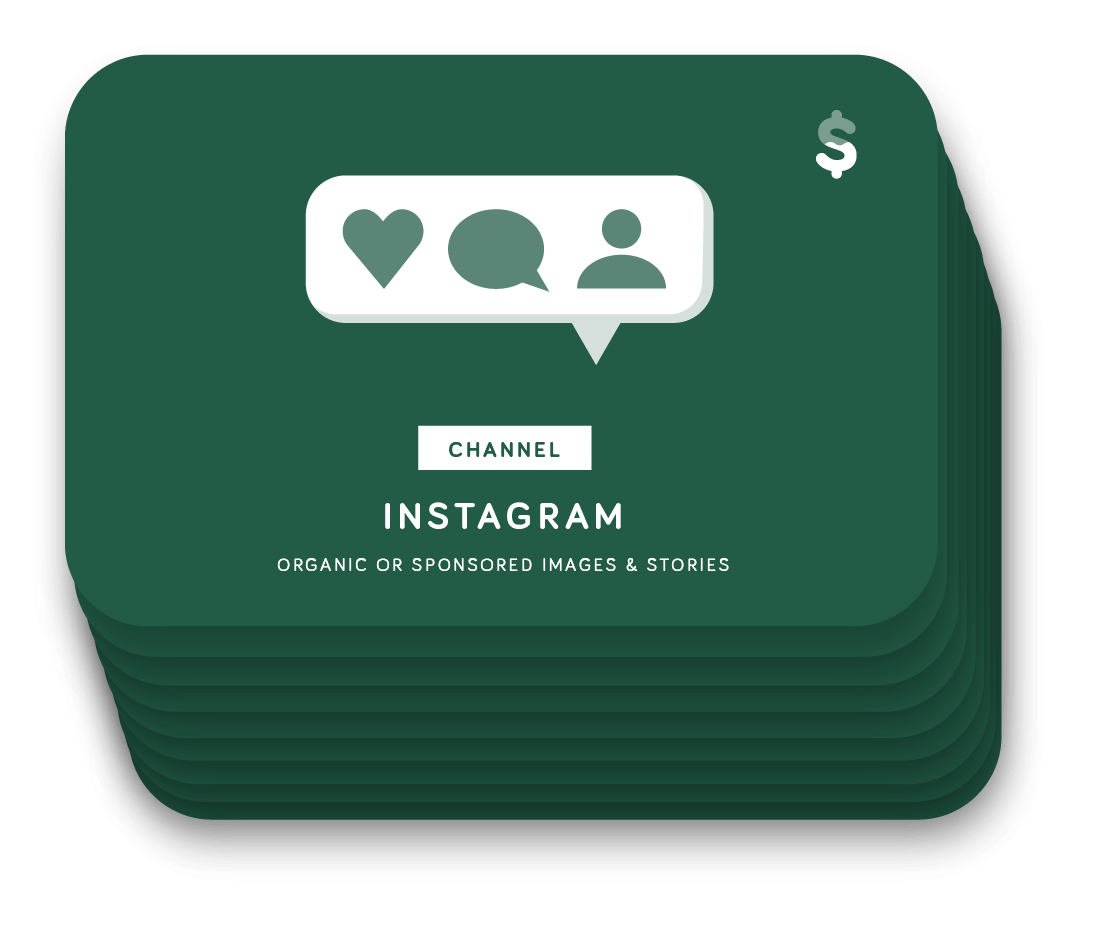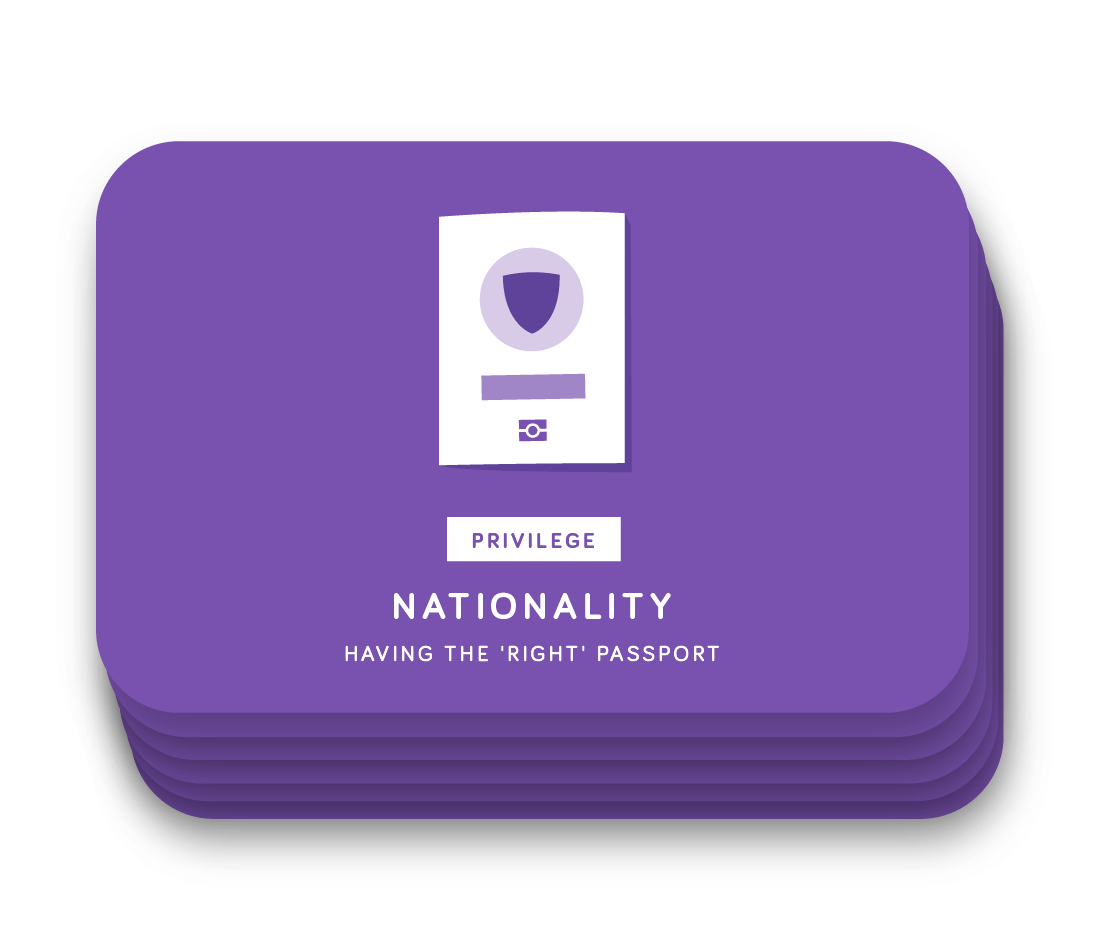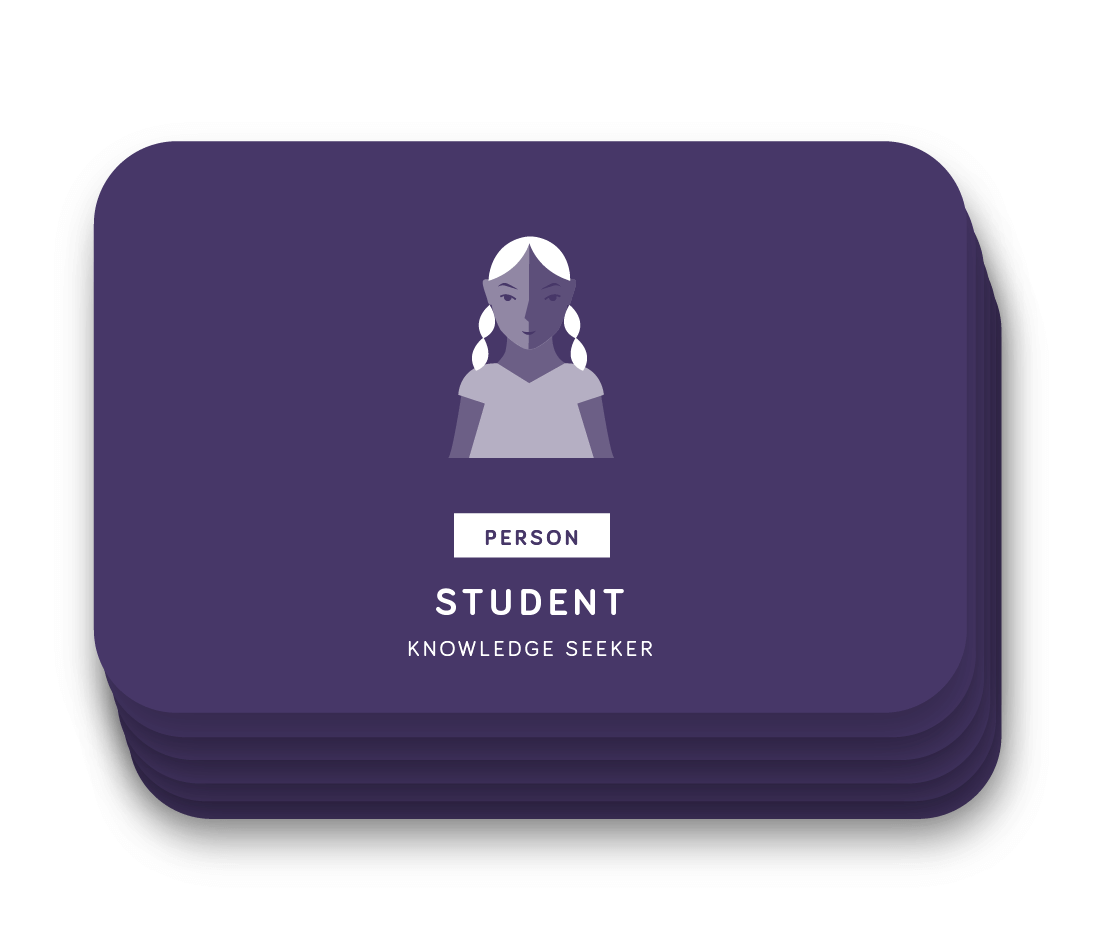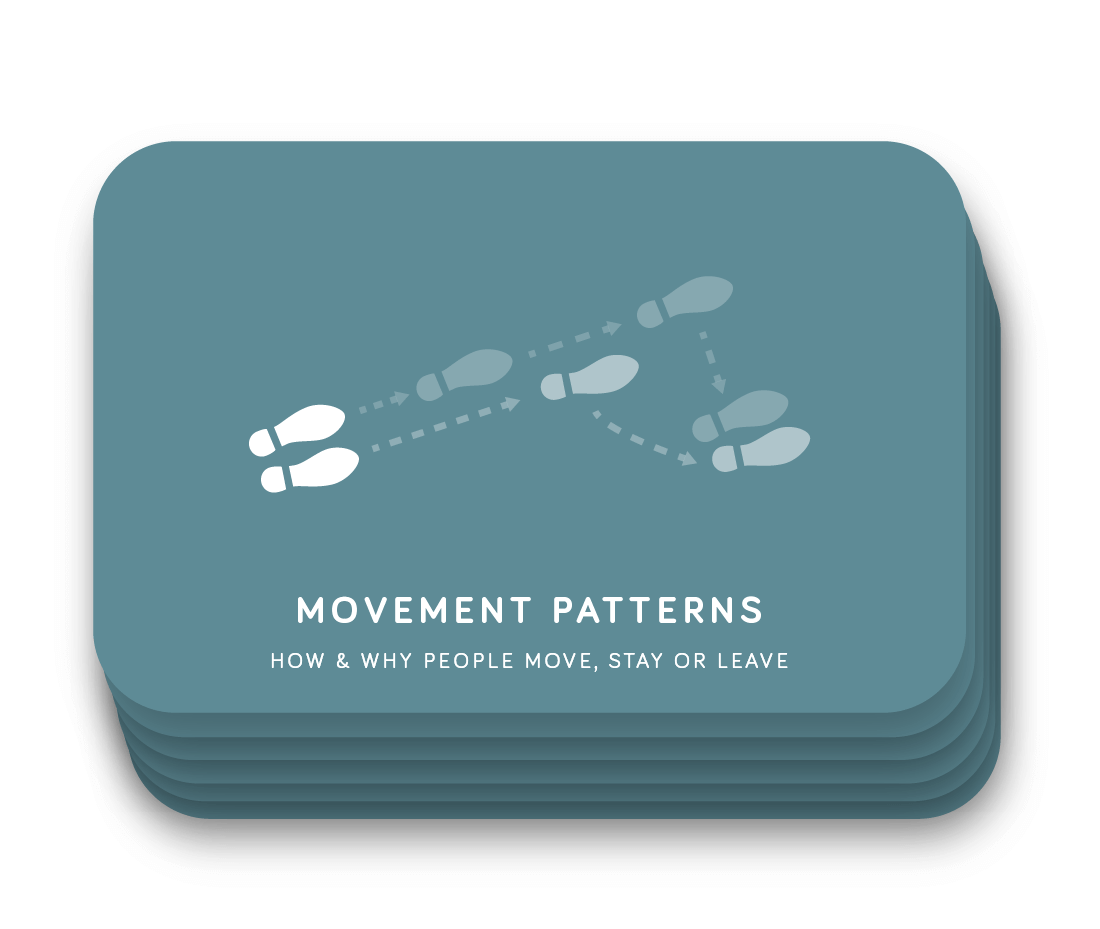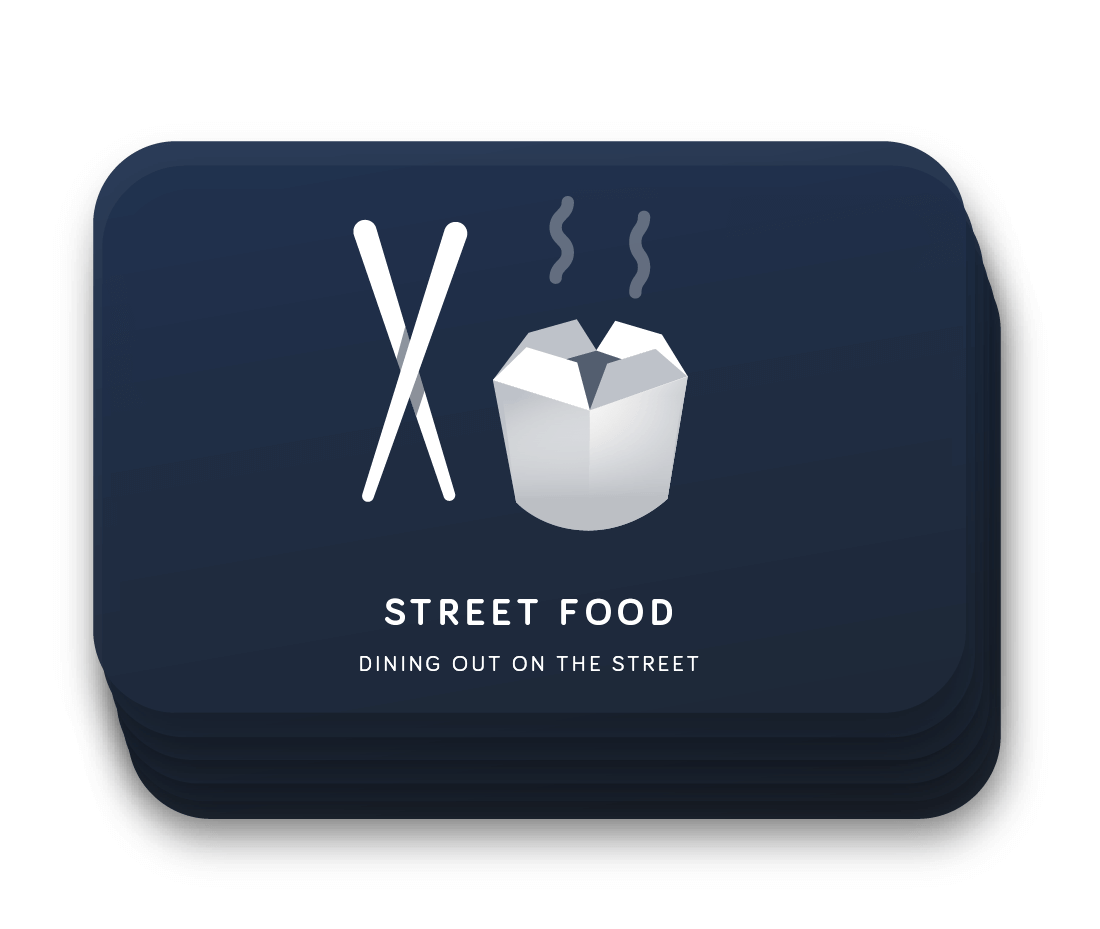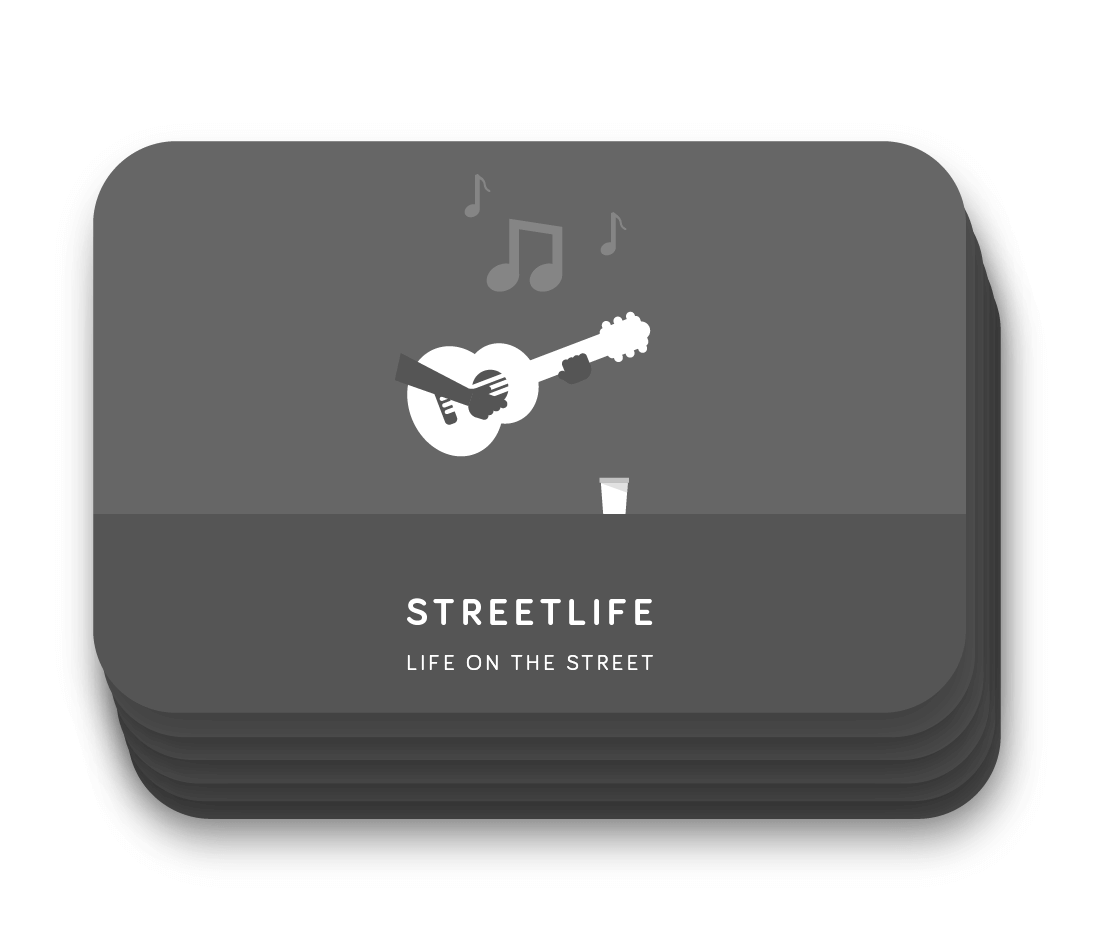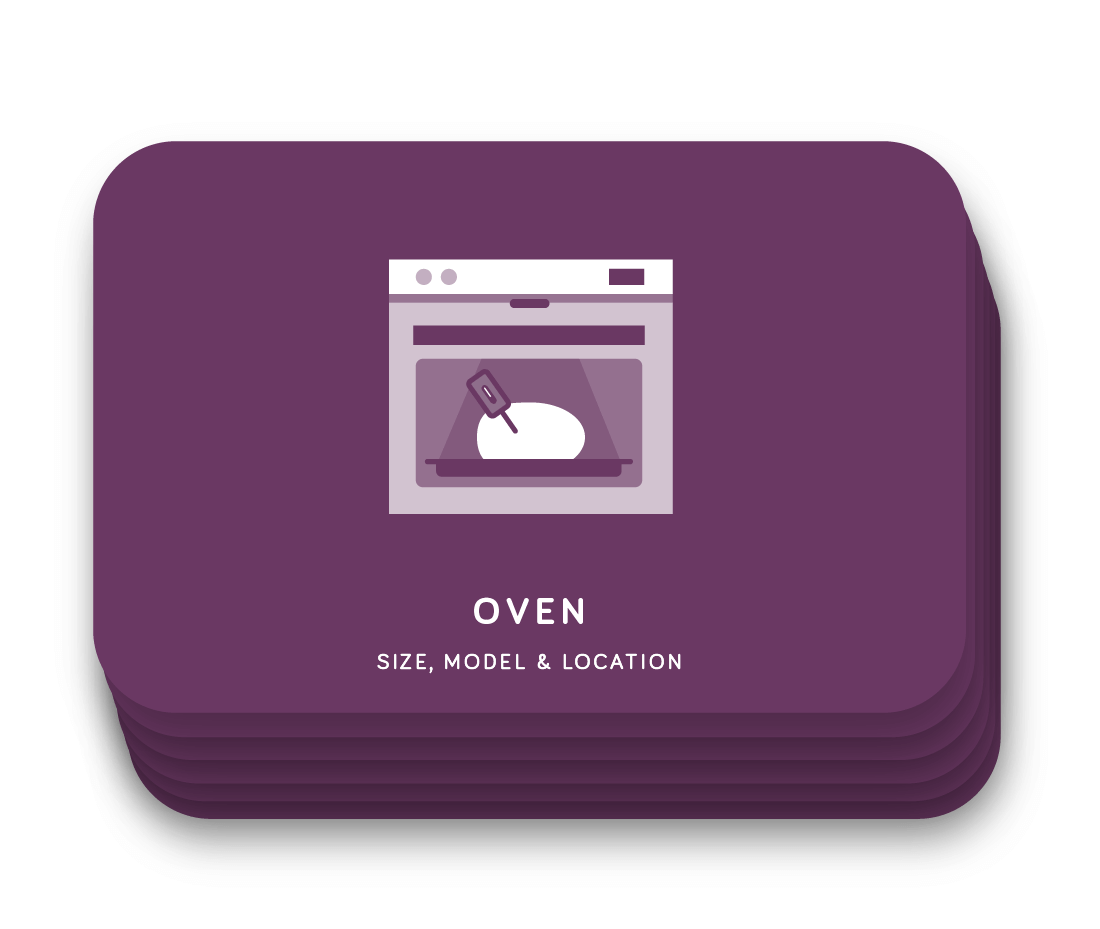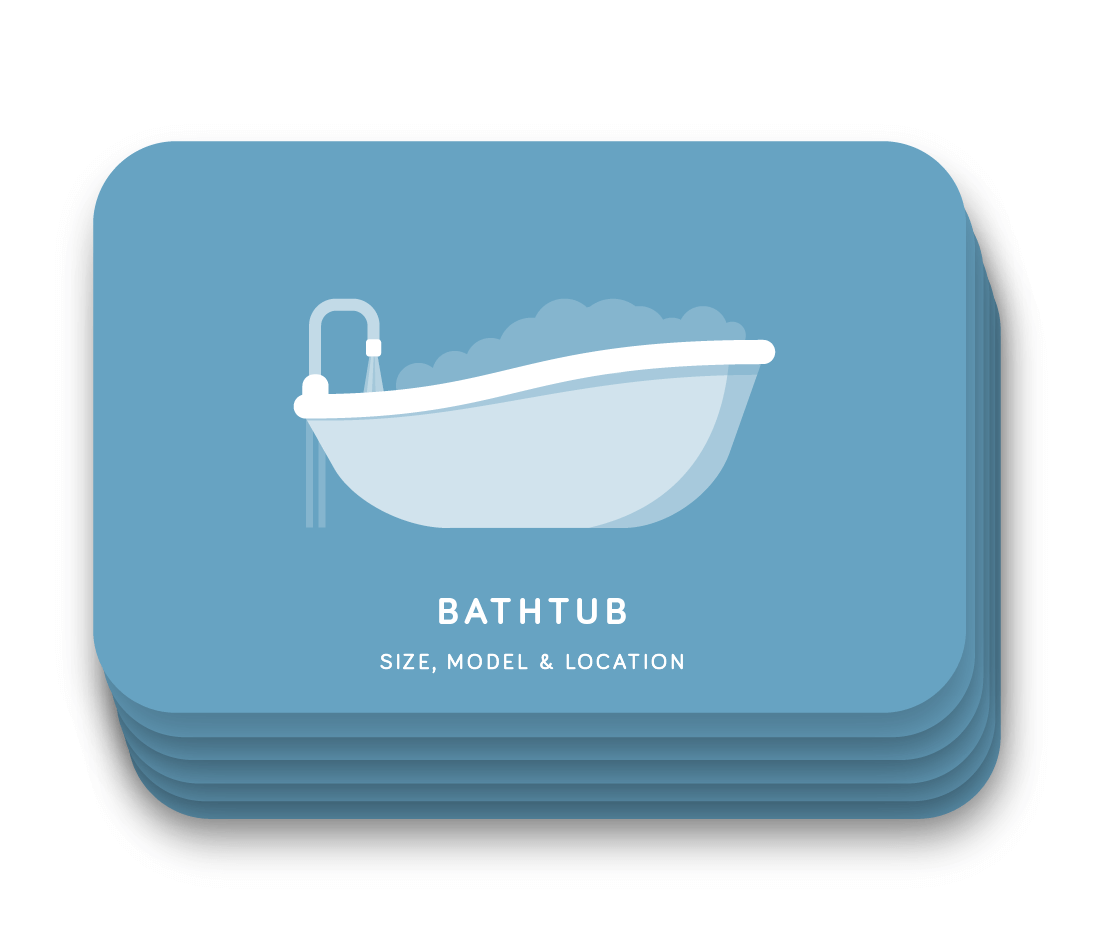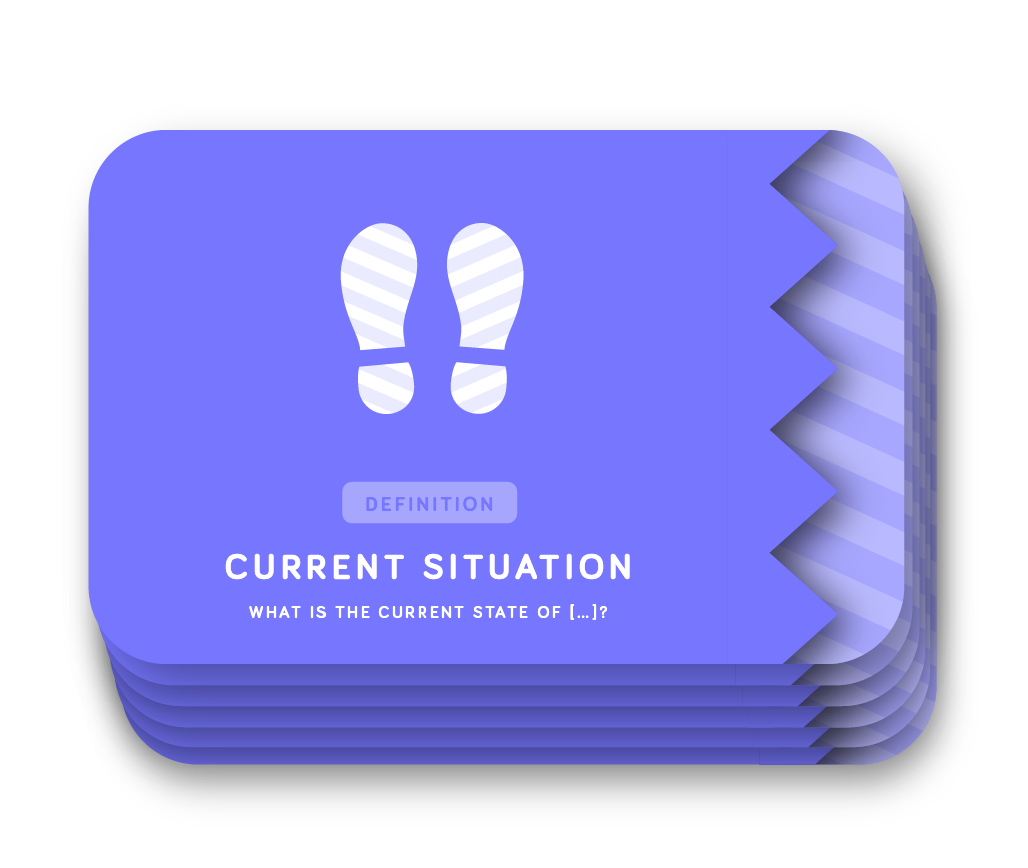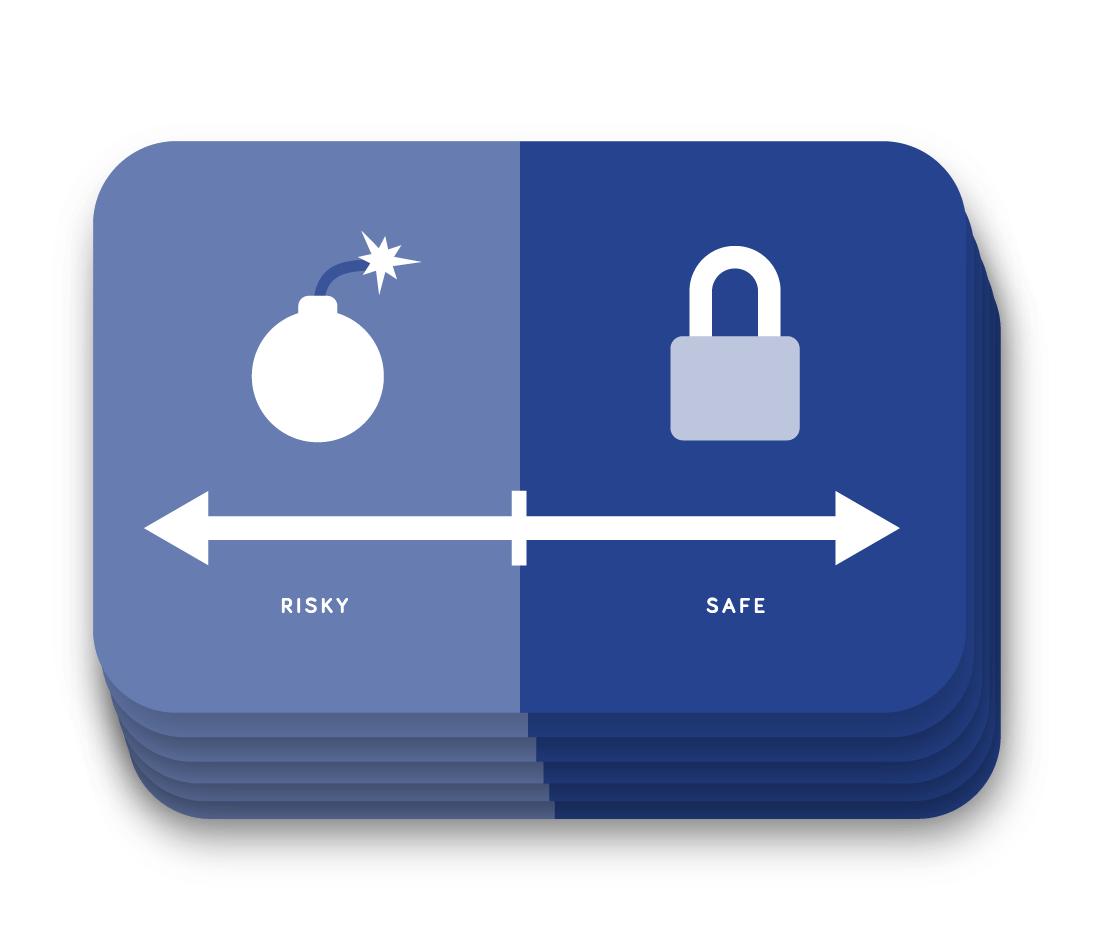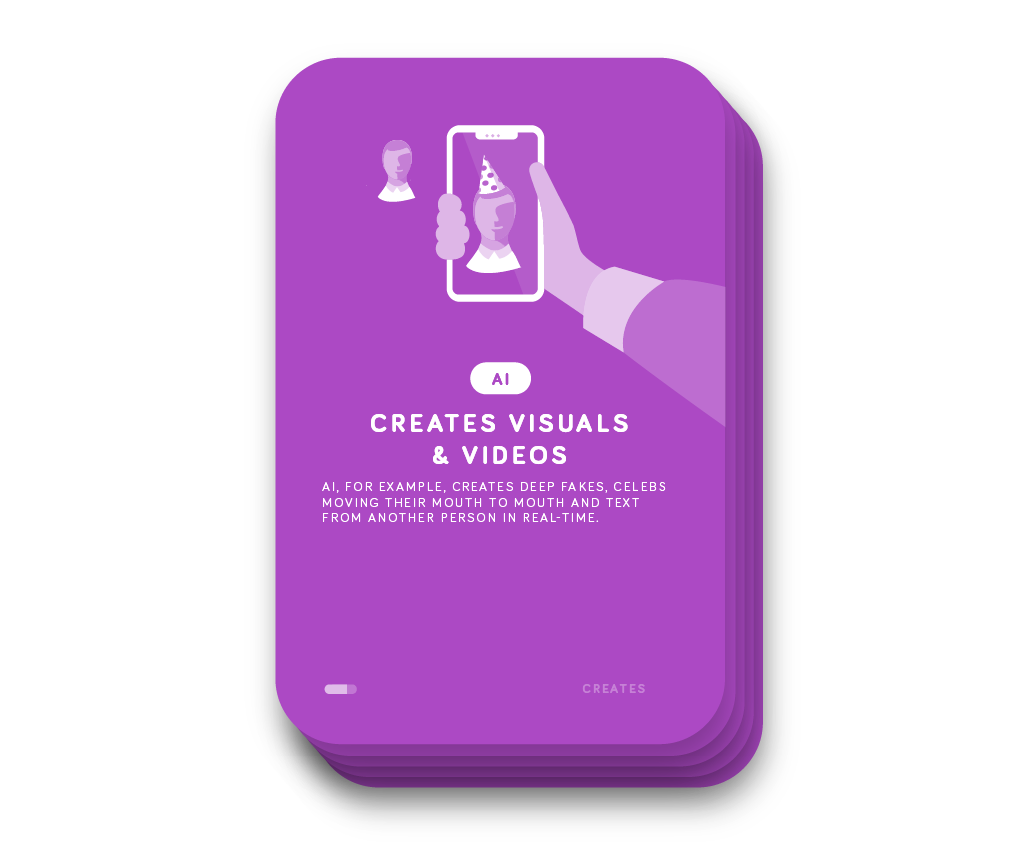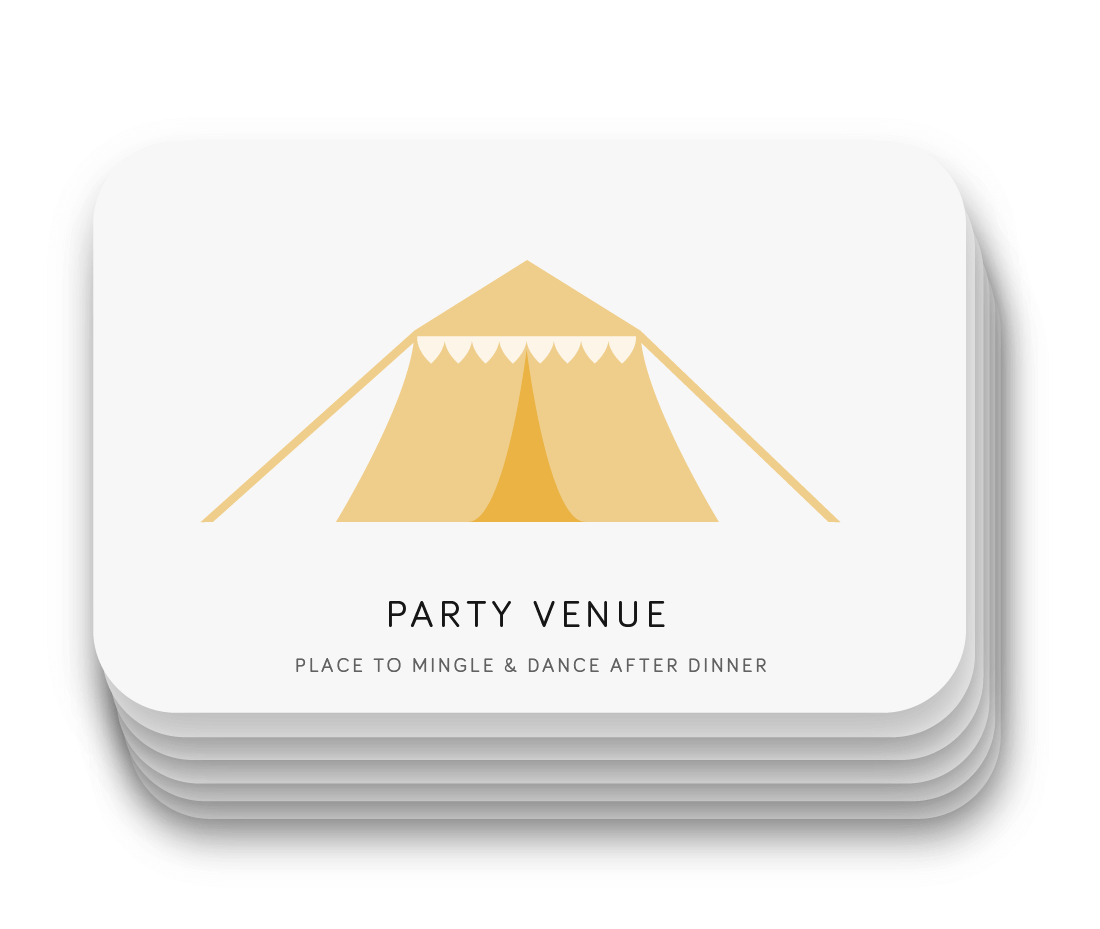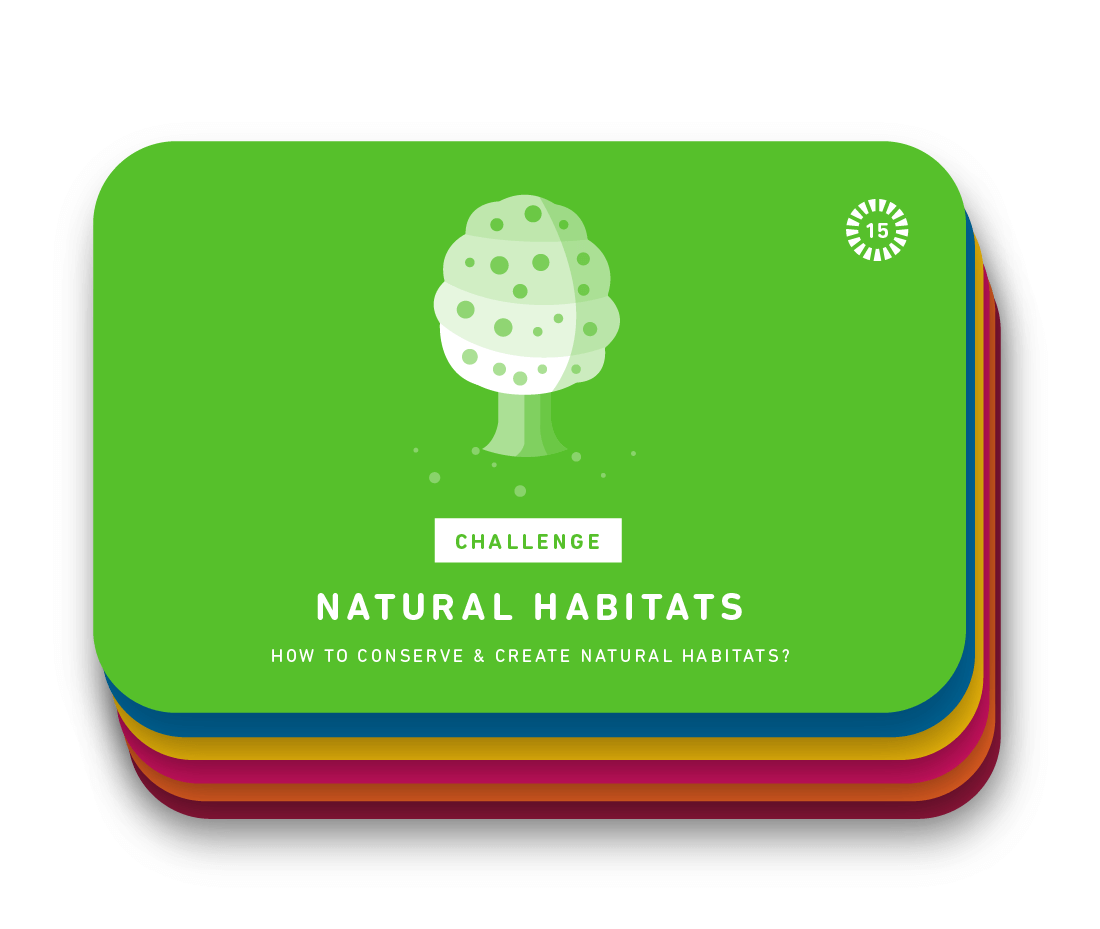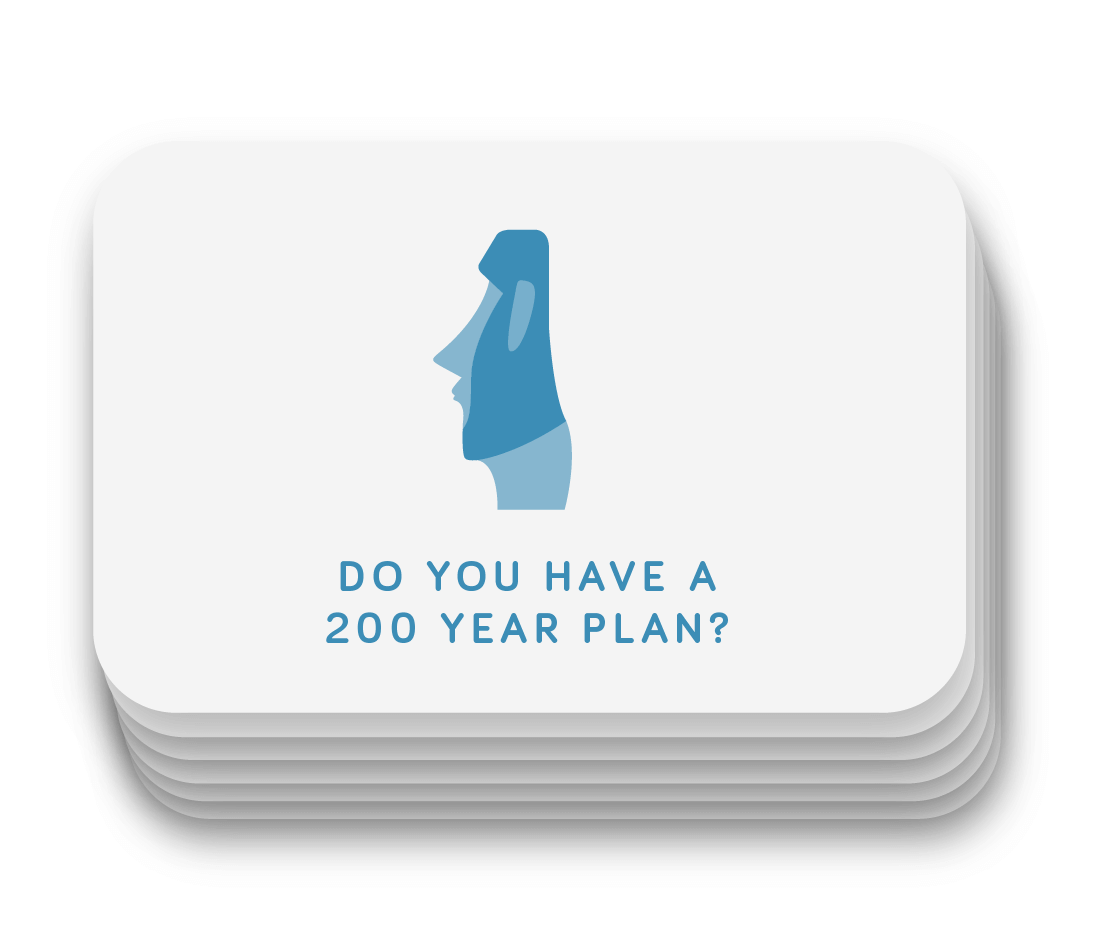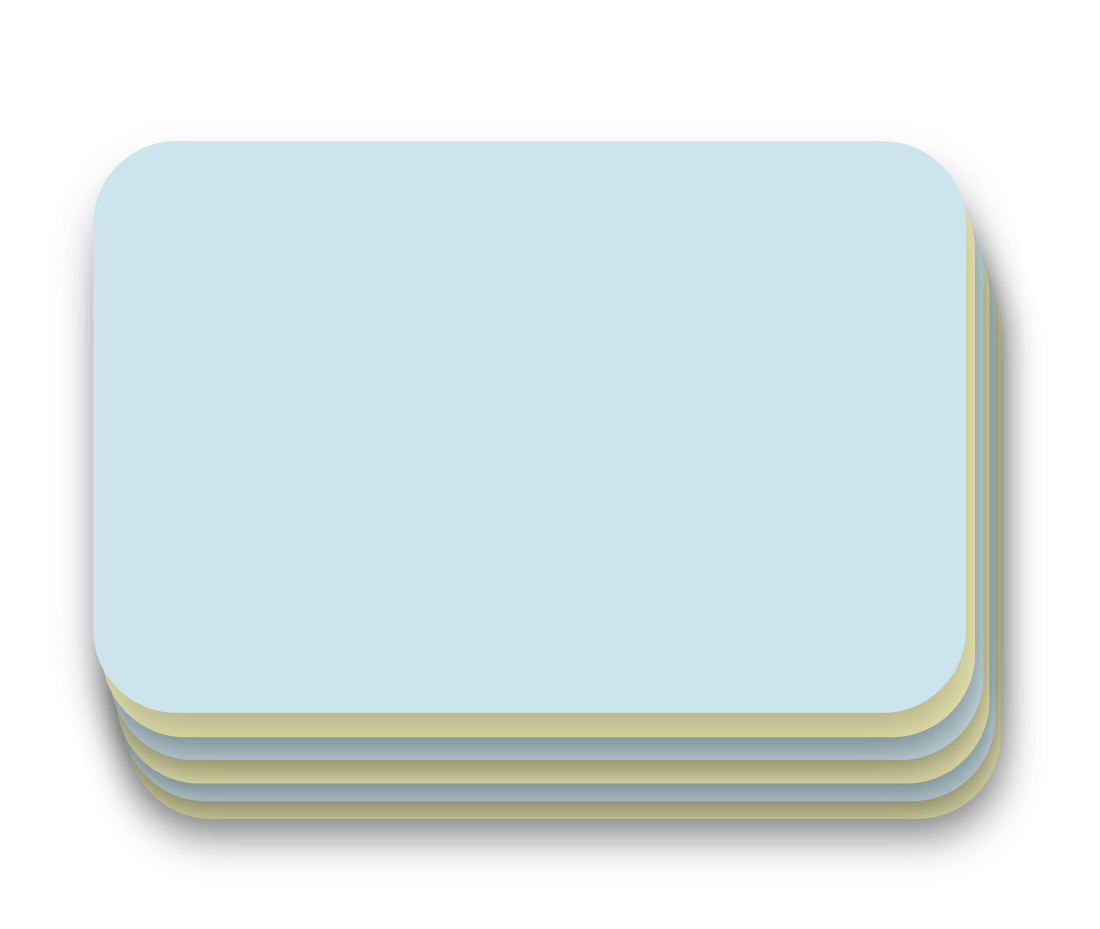Research on Cards
Over the last years, cards have been an ever-recurring component in our lives. Before, analog cards something seen as play but through advances in the digital world, cards have become a way to show and present information. Facebook & Twitter present the information in their feeds with cards as the information carrier. Notifications on smartphones are another example.
Below we categorized tools into different categories for easy overview.
Classic card decks
There are quite a few card decks available. Most decks got nothing more in common than the format. When you buy a book, people would ask: What book did you buy? Who authored it? What is it about? Is it good? Would I like it? You should ask those questions for card decks too. Below are a few examples.


Example 2. IDEO Method Cards (2003-)
Many people think of IDEO’s Method Cards when they think about cards in a creative work setting. Index cards are the hardest to use in a workshop setting, in my opinion. They are more like books without binding. The cards got a description of a creative method on each. They are foremost useful for talking about what workshop exercises to use. More about the deck.


Example 3. Drivers of Change (2006-)
Made by Arup design firm. The cards contain a lot of information, it’s quite messy in my opinion. Every inch is used. Similar to cooking receipt cards they contain quite a lot of information. It’s hard to use them in workshops as people get overloaded with information, they serve well as a cartotek or a knowledge bank to go back to. More about the decks.


Example 4. Energy Trumps (2013-)
The deck is a collection of different materials. The idea with the cards is to be able to “…compare materials and use our stock material supplies in more intelligent ways”.


Example 5. The Classics
Poker and tarot have long been two very classic card types. These games gave us much of the background/context to cards today.
Poker (1567-)
  |
Rider-Waite Tarot Deck (1910-)
  |
|---|
Cards for work
Below you find a range of card decks tailored for working with different topics and fields. They can be used in workshops, meetings and brainstorming sessions.
Personal Development
56 cards to understand ourselves and find direction in your personal life.
Product Development
65 cards to design and develop everything from hardware to digital products.
Partnerships and deals
63 cards to shape and define partnerships and close business deals.
Sustainable Organizations
67 cards to discuss and improve sustainability within organizations.
Kits for workshop planning
The fundamentals for structuring your own workshop. See these as the foundation of which you can build the most rewarding discussions, collaboration and learning moments.
Kits for brainstorming and design sprints
These are collections of building blocks for ideation. They can be used as fast and effective tools in hackathons and sprints. We call these MethodKit with…
Trends
100 cards to work with trends and tendencies that shape the world and its communities.
Business Models
68 cards to work with business models & value generation in organizations.
Kits for working with architecture and cities
These kits help you see and understand the space around you. Whether it’s in your home, your neighborhood, city or society.
Labs
Besides the standard formats, there are also lab kits. These can be used for multiple purposes or target specific subjects depending on your needs.
Artificial Intelligence (AI)
67 cards to help you explore AI capabilities & develop ideas.
Whiteboard Cards
50 paper cards covered with (re-)writable whiteboard surface on both sides.
Conversation Design
Learn more about how cards can be used as a tool to frame and facilitate conversations.
